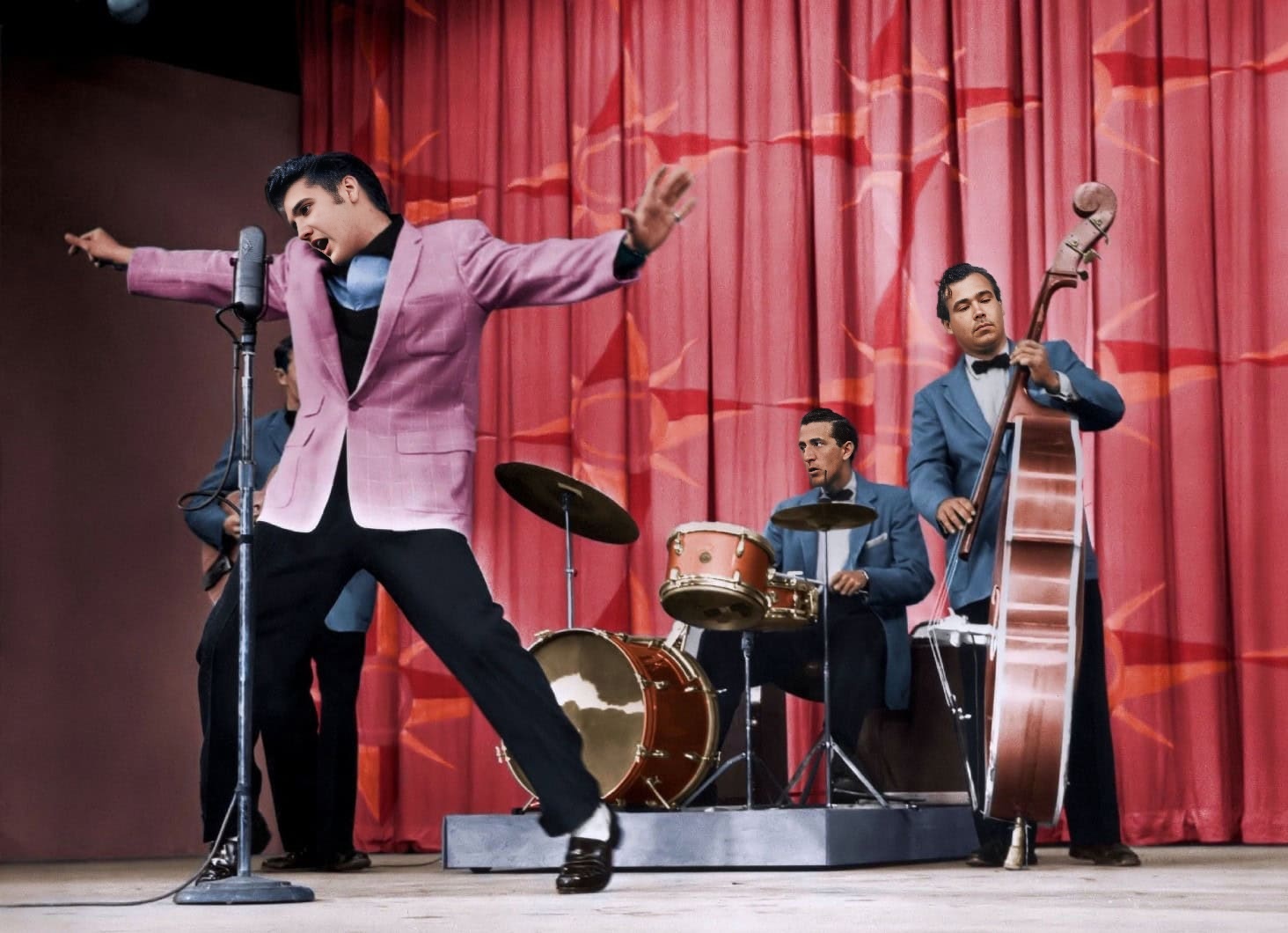
“In the Ghetto,” released in 1969, stands as one of Elvis Presley’s most powerful and socially conscious songs. Elvis, the “King of Rock and Roll,” was a cultural icon who dominated the music scene from the 1950s onwards. Known for his electrifying performances, charismatic stage presence, and a voice that blended gospel, blues, and country, Elvis achieved unparalleled success. He sold hundreds of millions of records worldwide, starred in numerous films, and inspired generations of musicians. While celebrated for his rock and roll anthems, he also demonstrated remarkable versatility, exploring genres ranging from gospel to ballads.
“In the Ghetto” marked a significant departure from his typical repertoire, venturing into a more serious and politically charged subject matter. The song, penned by Mac Davis, tells a poignant story about a boy born into poverty in a Chicago ghetto. It chronicles his life and eventual death, highlighting the cyclical nature of poverty and violence. The lyrics depict the desperation and lack of opportunity that trap individuals in impoverished communities.
Upon its release, “In the Ghetto” resonated deeply with audiences. It climbed to number three on the Billboard Hot 100 chart, showcasing its commercial success while also signaling a shift in Elvis’s image. While some critics initially questioned whether Elvis, known for his lighter fare, was the right messenger for such a serious topic, the song ultimately received widespread acclaim for its empathetic portrayal of a social issue. Audiences praised its sincerity, powerful message, and Elvis’s heartfelt delivery. The song’s enduring popularity speaks to its timeless message and its ability to provoke thought and empathy, solidifying its place as a defining track in Elvis Presley’s career and a testament to his artistic depth.